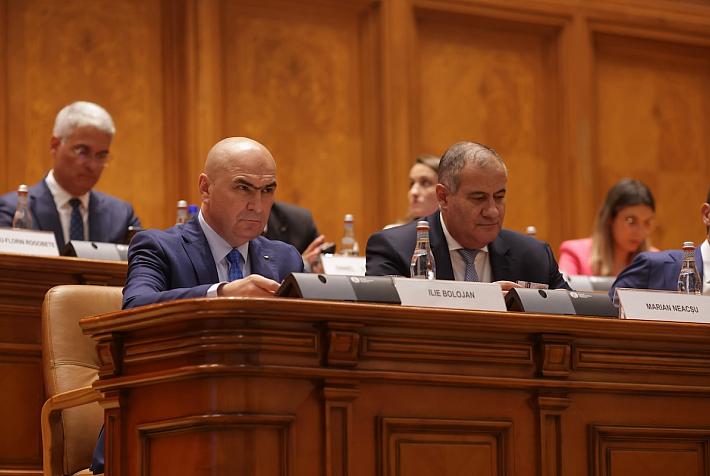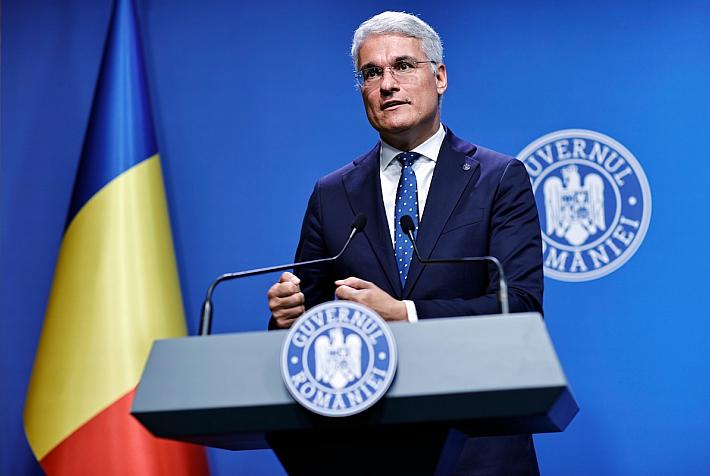Hungary to give up flat tax as part of new deal with IMF

 Hungary will have to give up on its flat tax to sign a new deal with the International Monetary Fund (IMF), according to local newspaper Nepszabadsag, quoting government sources. Hungary, like Romania, currently has a 16 percent flat tax on income, but must change taxation policy to qualify for a planned EUR 20 billion deal with the EU and the IMF. The deal should help the country avoid payment incapacity, as Hungary will have to roll over several billions of euros in debt this year. The country could also increase health contributions, cut the number of public servants, restructure companies and give up on the controversial taxation on banks.
Hungary will have to give up on its flat tax to sign a new deal with the International Monetary Fund (IMF), according to local newspaper Nepszabadsag, quoting government sources. Hungary, like Romania, currently has a 16 percent flat tax on income, but must change taxation policy to qualify for a planned EUR 20 billion deal with the EU and the IMF. The deal should help the country avoid payment incapacity, as Hungary will have to roll over several billions of euros in debt this year. The country could also increase health contributions, cut the number of public servants, restructure companies and give up on the controversial taxation on banks.
The Hungarian authorities passed the bank tax in 2010, despite criticism and warnings from international creditors. The legislation brought about a 0.5 percent tax on assets from the end of 2009, which would have raised around USD 800 million for the Hungarian budget.
Hungary received a EUR 20 billion bailout in 2008, but the agreement was canceled by Prime Minister Viktor Orban in 2010, when the country tried to go by 'economic self rule'. The country has also been criticized for its plans to pass a law that would have undermined the independence of its Central Bank. Hungary managed to finance its spending by raising money from the markets, but, as expected by analysts, it eventually needed to start talks with international creditors.
Hungary has been recently included on EU's black list of most vulnerable economies, along with Italy, Spain and Cyprus. Earlier in January, Fitch became the third ratings agency, after Moody's and Standard & Poor's to cut Hungary's credit rating to junk status.
editor@romania-insider.com











